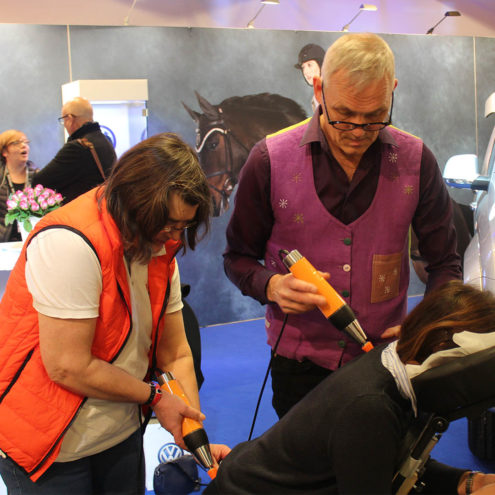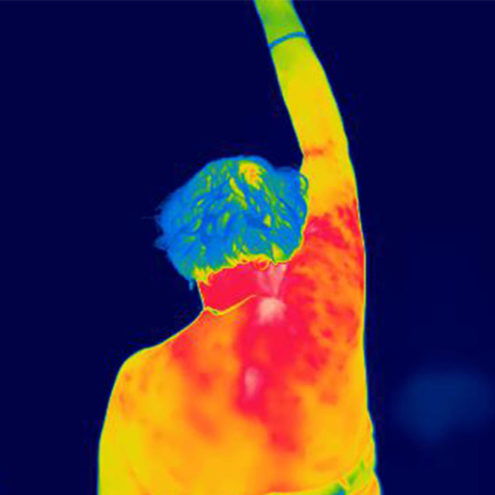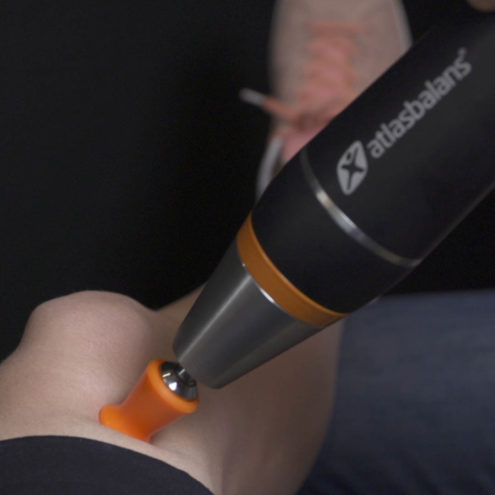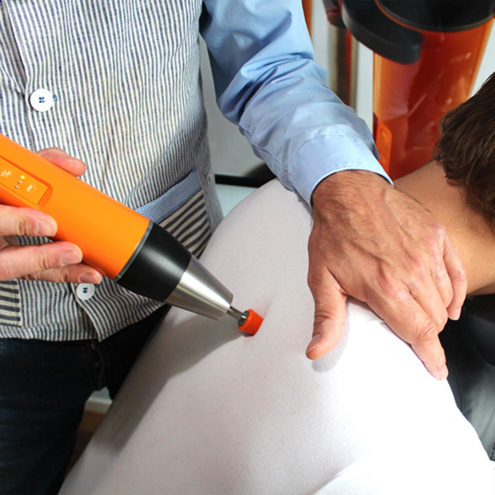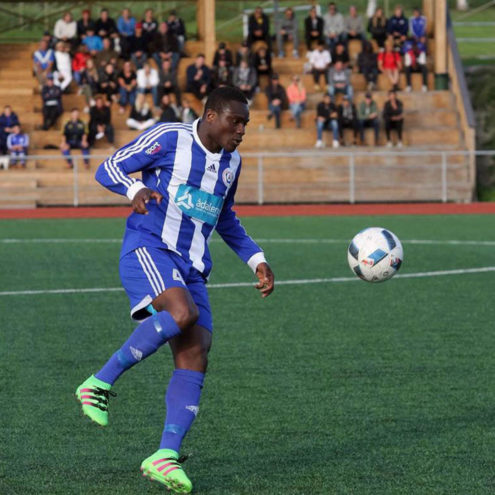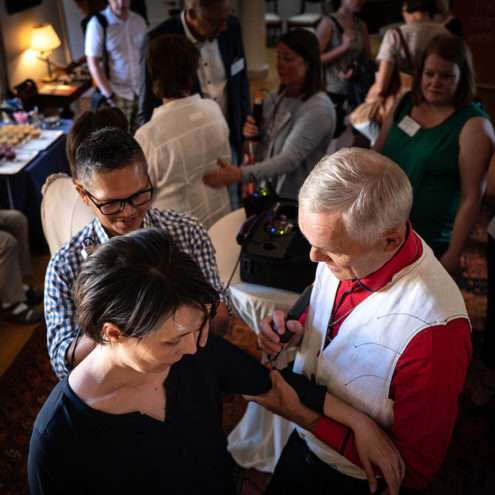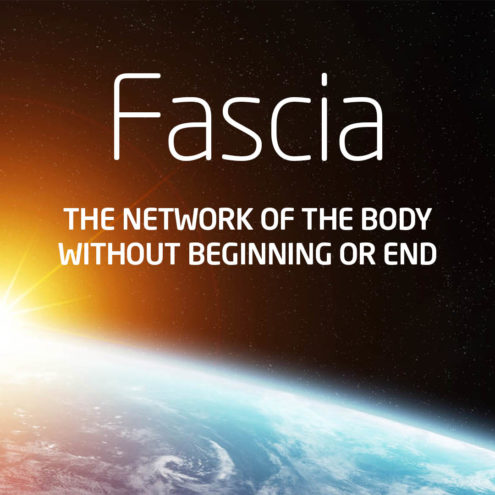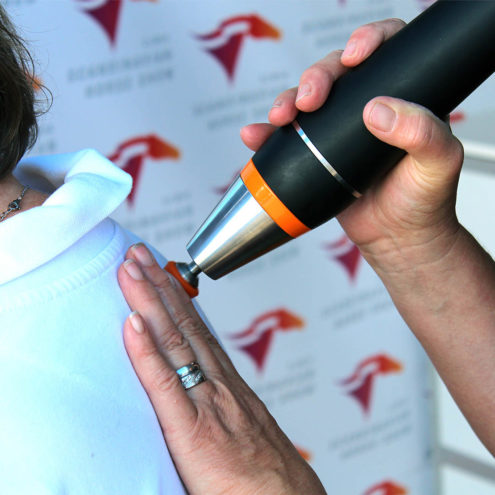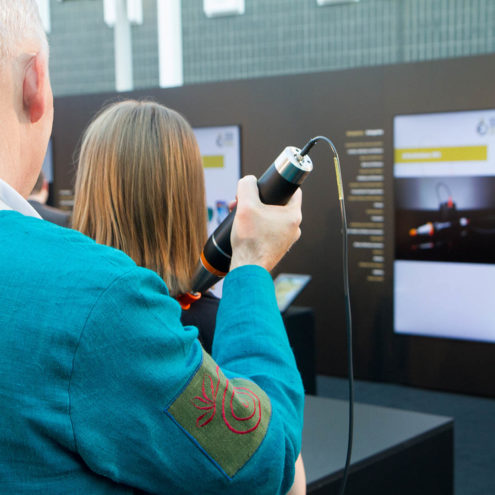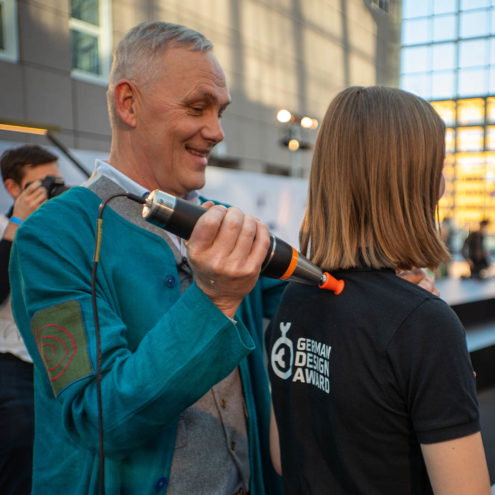Start exercising – Your guide to a healthier life

Getting started with exercise is one of the best investments you can make for your health and well-being. Regular physical activity strengthens the body, improves fitness and also has a positive impact on mental health. Whether you want to lose weight, build muscle, improve your mobility or just feel better in your everyday life, there is a form of exercise that is right for you.
This guide explains why exercise is important, how you can get started in a sustainable way, and how the Fascia Clinics can help you optimize your training through fascia treatment and individual advice.
Why is exercise good for you?
Exercise is not just about getting a stronger body – it also has a huge impact on your mental health. By exercising regularly, you can improve both your physical and mental quality of life.
Physical health benefits
Exercise strengthens the body and helps prevent a range of diseases. Some of the main effects include:
Heart health: Regular exercise strengthens the heart and reduces the risk of cardiovascular disease.
Blood sugar control: Physical activity helps the body regulate blood sugar levels and reduces the risk of type 2 diabetes.
Stronger bones and joints: Weight-bearing exercise, such as strength training and walking, helps maintain bone density and prevent osteoporosis.
Improving mobility and balance: Exercise improves coordination and reduces the risk of falls and injuries, especially in older people.
Mental health benefits
Reduced stress and anxiety: Exercise releases endorphins, which are the body’s own “feel good” hormones, and reduces stress levels.
Increased self-confidence: Achieving fitness goals provides a sense of accomplishment and strengthens self-image.
Better sleep: Regular physical activity helps the body regulate the sleep cycle and improve sleep quality.
Reasons to start exercising
People start exercising for different reasons. Here are some of the most common reasons:
Lose weight: Burn calories and boost metabolism.
Building strength: Strengthen muscles and improve body function.
Improve your fitness: Increase endurance and get a stronger heart.
Reduce stress: Get a natural outlet to manage stress and anxiety.
Increase mobility: Improve flexibility and reduce stiffness.
Functional aspects of exercise
Exercise is not just about aesthetics or performance, but also about improving the functioning of the body in everyday life.
Balance and coordination: Exercise helps the body work more efficiently in everyday movements.
Body control: A strong and mobile body makes it easier to perform daily chores without pain or discomfort.
Injury prevention: By strengthening muscles and joints, you can reduce the risk of overuse and injury.
Getting started with training
Starting to exercise can feel overwhelming, but by setting realistic goals and finding a form of exercise you enjoy, you can create a sustainable habit.
Setting realistic targets
Start small and build up gradually.
Set specific, measurable and realistic objectives.
Focus on continuity rather than intensity at the beginning.
Find a form of exercise that suits you
Try different forms of exercise, such as running, weight training, swimming, yoga or group exercise.
Choose something you find fun and sustainable in the long run.
Keeping training for the long term
The hardest part of exercise is often sticking to the routine over time. Here are some strategies to make exercise sustainable.
Create a sustainable exercise routine
Plan your training and book it into your weekly schedule.
Combine exercise with other activities, such as walking to work.
Find a training partner for extra motivation.
Motivation and overcoming obstacles
Lack of time: Do shorter but more effective workouts.
Exercise pain and fatigue: Listen to your body and vary the intensity.
Lack of motivation: Try new forms of exercise or set challenges.
Training aid for different muscle groups
Here you will find guides for training specific muscle groups:
Shoulder exercises
Poverty reduction
Exercises for forearms
Exercises for hands and grip strength
Chest exercises
Back exercises
Lower back exercises
Abdominal exercises
Hip exercises
Exercises for the buttocks
Exercises for the front of the thigh
Exercises for the back of the thigh
Exercises for calves
How our team at Fascia Clinics can help you get started
At Fasciaklinikerna, we help you get started with training in a safe and sustainable way. Through individual counseling and fascia treatment, we can:
Preventing injuries and overuse before you even start exercising.
Improve mobility and flexibility by optimizing fascia and muscles.
Provide you with a tailor-made strategy to achieve your training goals.
Whether you are a beginner or experienced, we can help you create the best conditions for long-term health and performance.
 Search
Search

